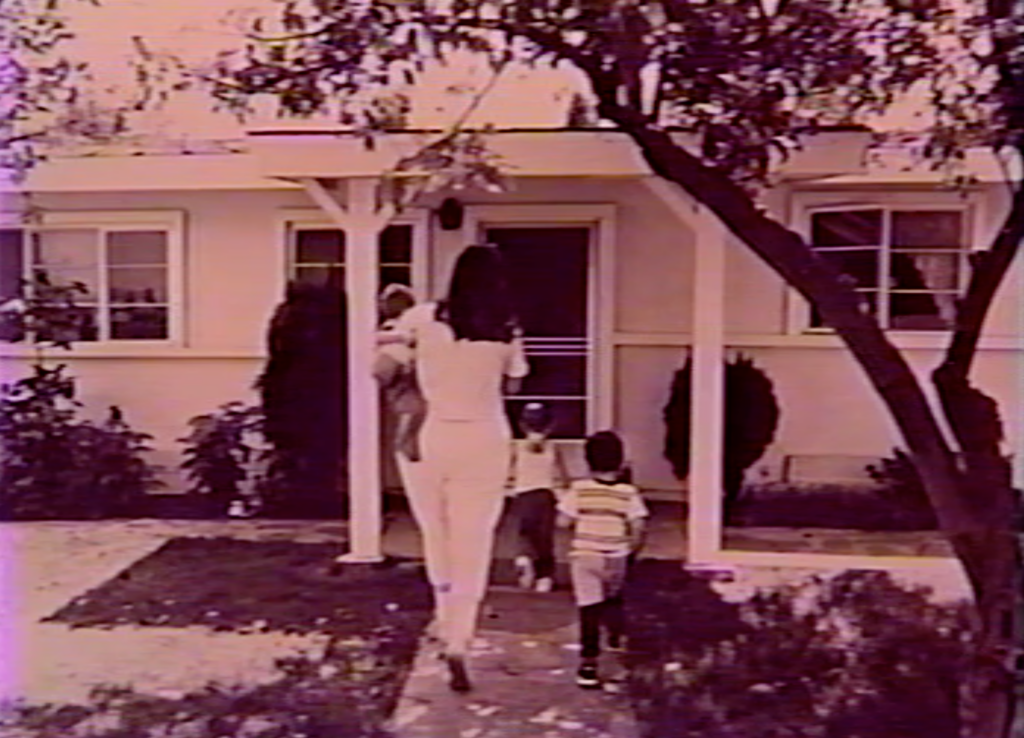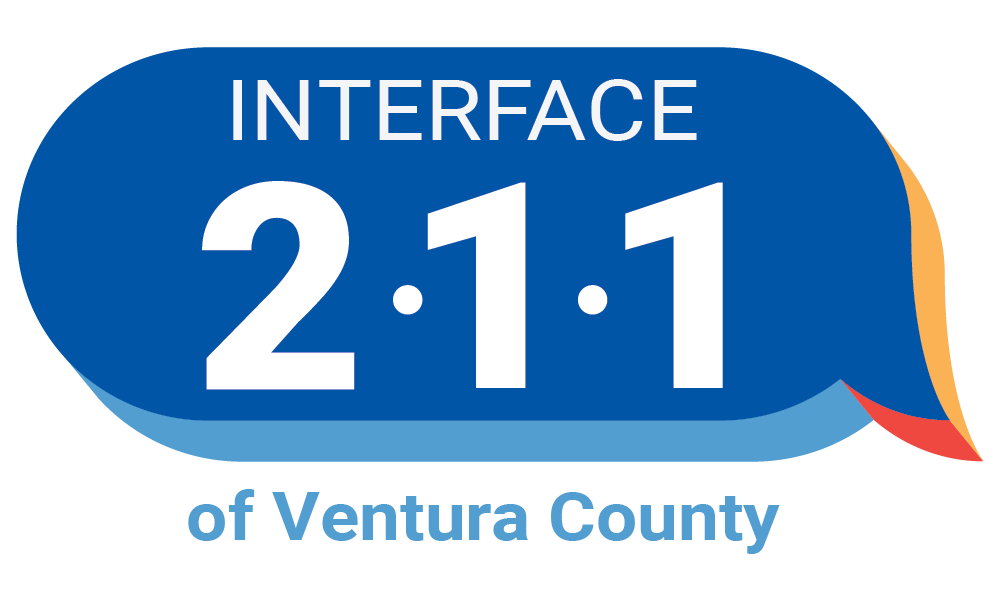
Walking through a store the other day, I heard a mom admonish her preschool-aged child for harassing his sister. Taking him out of the shopping cart, she calmly said, “If she isn’t having fun, that means you stop. You may ride in the cart again when you can do that.” I wanted to high five her in the aisle. Yes! That’s exactly right! Our children need to learn from their earliest years that other people deserve our consideration and have the right to consent to or reject their treatment in any relationship.
This February, we recognized Teen Dating Violence Awareness month, and as always, find ourselves reflecting on why this month is so important. The rate of intimate partner violence jumps dramatically from middle school to high school. There are a few reasons for such a shift at this age. One is that teens partner off romantically at higher rates and with higher intensity and commitment than their tween counterparts. Another is that they often lack essential interpersonal skills for managing conflict and difference in their romantic relationships. Teens also feel powerful urges to control their environments and the people around them as they seek independence from their families. Sex and intimacy are simultaneously emerging, complicated factors.
Another factor is that teens sharply focus on peer and media messages about love and romance. They want to experience the rush, the fever of infatuation, and they can often confuse that with love. Romeo and Juliet were young teens in Shakespeare’s tragedy; such obsessive attraction is not a new phenomenon. As we see with the star-crossed lovers of fair Verona, love like that usually does not end well. That is not what our media messages show, though. Pop culture media gloss over red flags like controlling, invasive, and sometimes violent behaviors in favor of drama and excitement. Song lyrics, film content, pornography, and social media influencers promote unhealthy messages about dating, and this provides the constant diet of teens wanting to know a love like [fill in the celebrity or fictional character’s name]. Add in a history of trauma or family violence, where a young person lacks a model for romance without control and abuse, and you have a recipe for trouble. We do not want our teens to love like that.
“Love Like That” was our theme for this February. We want our teens to value a different kind of love, one based on mutual respect and one that endures because of their ability to value the person, not just the feeling. Our job as parents and community members is to raise up adults who know that when your partner is not “having fun,” that means you stop. Stop yelling. Stop checking their phone. Stop the sexual act you wanted. Stop the behaviors that lead up to physical or sexual assault. It starts young. Teach little ones to notice. Notice that your sister does not like being hit with that toy. Notice that you did not like when she kept coming into your room when you said no. You lose a privilege like riding in the cart when you cannot uphold that standard, or rather, you have many privileges when you do honor that standard. A little bit at a time, we can build up children, teens, and adults who recognize that other peoples’ needs and wants matter as much as their own. We want them to know, deep in their soul, that human dignity is sacred and fundamental. We are not to violate it.
This month, we encouraged everyone to talk with the tweens and teens in their life about dating violence. We asked our community to watch movies and engage social media together, to identify a little at a time the kinds of behaviors that should put a teen on high alert. One strategy for such conversations is to ask a teen about what their friends are doing, rather than what they are doing. Ask them about what they think a healthy relationship looks like, what qualities in a relationship matter most. Encourage them to share with you only to the point that they are comfortable. That will go better if you can withhold judgment. It helps me to remember ways that I was unwise or naive as a teen (there were many!). I am still grateful for the adults in my life who wisely talked me through my youthful beliefs. They were patient, not expecting change overnight. They listened carefully, and they sounded the alarm with me and others when they had to. Their modeling of love like that helped me to know the kind of love later in life that our teens truly want and need.
Teen Dating Violence Awareness month is at the heart of our enterprise. If we can raise awareness of violence young, we can help to prevent it. When we prevent it, we can build stronger families and communities. Join us as we keep this work going through the entire year.

Erik Sternad
Executive Director
Visit us online at www.icfs.org to learn more about our programs and services and follow us on Instagram at @InterfaceWhatIf for updates on services, programs, and events.
DID Y OU KNOW? In response to the growing need to support victims of domestic violence with shelter, case management, and counseling, Interface opened the county’s first battered women’s shelter in 1976. Women in crisis could call the hotline where counselors would assist in getting them to a secure location and provide support for basic needs. Today, these efforts continue with Interface operating six (6) confidential shelters across the Domestic Violence, Youth Crisis, and Human Trafficking programs.
OU KNOW? In response to the growing need to support victims of domestic violence with shelter, case management, and counseling, Interface opened the county’s first battered women’s shelter in 1976. Women in crisis could call the hotline where counselors would assist in getting them to a secure location and provide support for basic needs. Today, these efforts continue with Interface operating six (6) confidential shelters across the Domestic Violence, Youth Crisis, and Human Trafficking programs.




